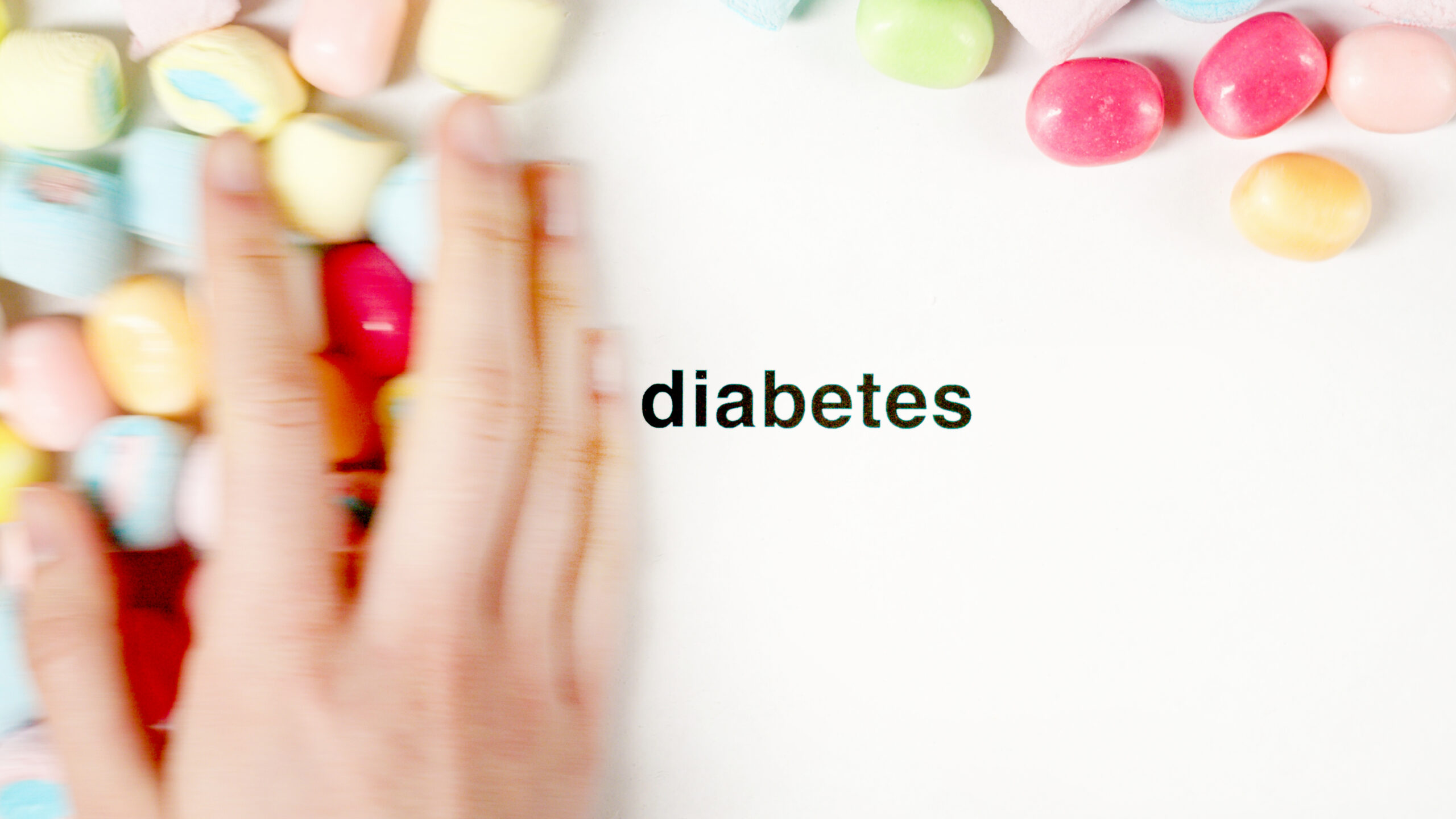Are there any specific foods to avoid on a Mediterranean diet?
Title: Are there any specific foods to avoid on a Mediterranean diet?
Introduction:The Mediterranean diet has gained immense popularity over the years for its numerous health benefits. This eating pattern is inspired by the dietary habits of people living in countries surrounding the Mediterranean Sea, and it focuses on consuming a variety of whole foods that are rich in nutrients. While the Mediterranean diet encourages the consumption of wholesome foods, are there any specific foods that should be avoided? Let’s find out!
1. Processed and Refined Foods:One of the key principles of the Mediterranean diet is to steer clear of processed and refined foods. This includes foods that are high in added sugars, unhealthy fats, and excessive salt. Foods such as sugary beverages, processed snacks, fast food, and refined grains (like white bread and pasta) should be limited or avoided altogether. These foods provide little to no nutritional value and can have a negative impact on your health in the long run.
2. Trans Fats and Hydrogenated Oils:Trans fats are artificially created fats that are commonly found in processed and fried foods. These fats contribute to inflammation, heart disease, and other health issues. It’s important to avoid foods containing hydrogenated oils or partially hydrogenated oils, as they are major sources of trans fats. Instead, opt for healthier fats like olive oil, nuts, and avocados, which are staples of the Mediterranean diet.
3. Highly Processed Meats:While the Mediterranean diet includes moderate consumption of lean proteins such as fish, poultry, and legumes, it advises against the consumption of highly processed meats. These include sausages, hot dogs, bacon, and deli meats, which are often high in sodium, nitrates, and saturated fats. These meats have been linked to an increased risk of heart disease and certain cancers. It’s best to choose unprocessed alternatives and opt for fish or plant-based sources of protein.
4. Added Sugars and Sweeteners:Excessive sugar consumption is a major contributor to various health problems, including obesity, diabetes, and heart disease. The Mediterranean diet emphasizes naturally sweet foods like fruits rather than relying on added sugars. It’s important to avoid sugary desserts, sodas, and processed foods that are loaded with hidden sugars. Instead, satisfy your sweet tooth with fresh fruits or naturally sweetened treats in moderation.
5. Highly Processed Snacks:Highly processed snacks, such as chips, cookies, and pastries, are not generally part of the Mediterranean diet. These snacks are often high in unhealthy fats, added sugars, and refined carbohydrates. Instead, opt for healthier snack options like nuts, seeds, fresh fruits, and Greek yogurt, which are more in line with the principles of the Mediterranean diet. These snacks not only provide essential nutrients but also help to keep you feeling satisfied and energized.
Conclusion:While the Mediterranean diet is known for its flexible and inclusive approach to food, there are certain foods that should be limited or avoided altogether. These include processed and refined foods, trans fats, highly processed meats, added sugars, and highly processed snacks. By focusing on a diet rich in whole, unprocessed foods, you can fully embrace the health benefits associated with the Mediterranean lifestyle. Remember, it’s all about balance and making mindful choices that support your overall well-being.



